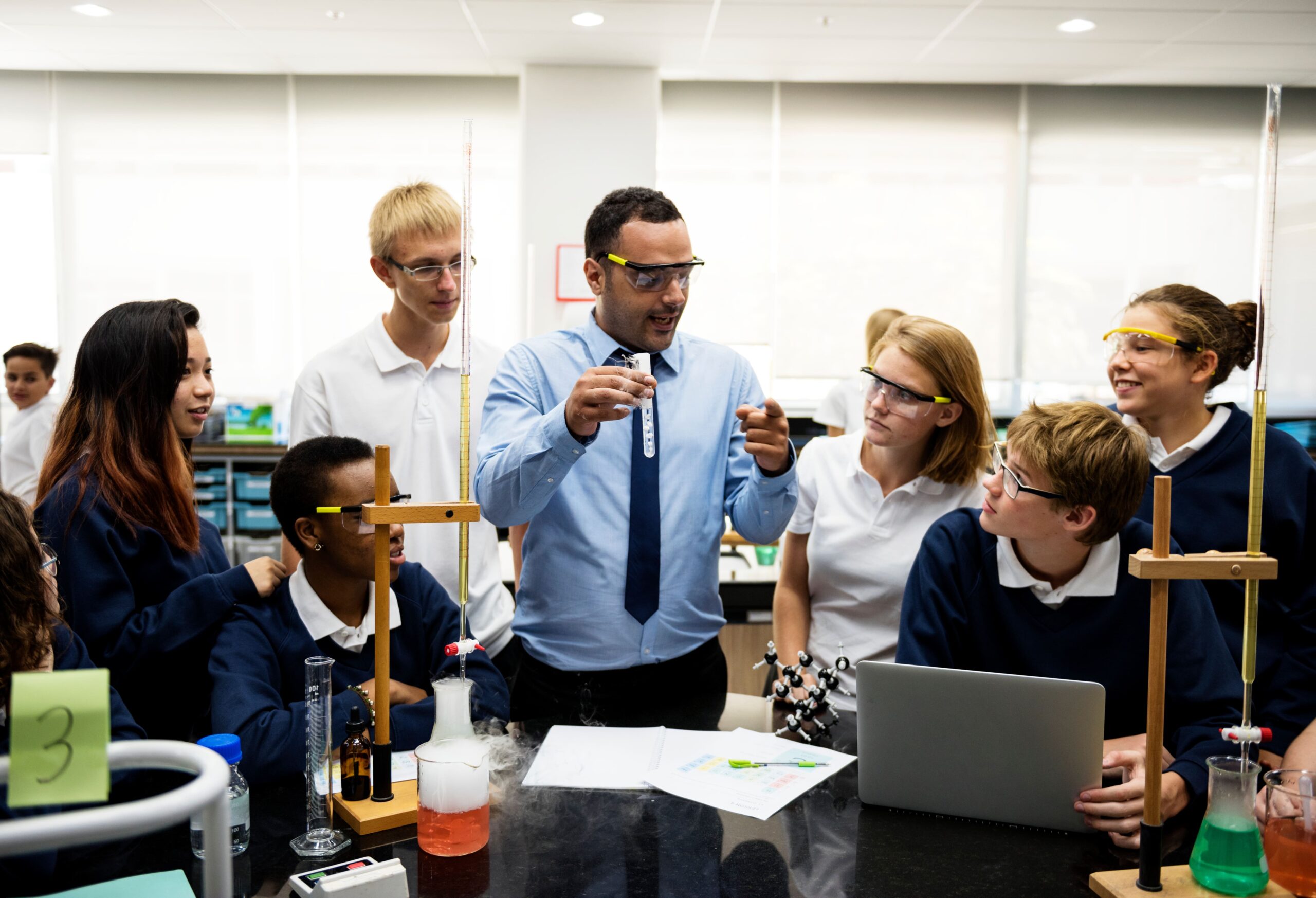How is the success of a teacher measured?
The success of a teacher can be measured through various indicators that assess their impact on student learning, engagement, and overall development. While standardised test scores are often used as a quantitative measure of teacher effectiveness, it’s important to recognise that success in teaching goes beyond just academic achievement. Here are a few ways to measure the success of a teacher:
Student achievement:
Standardised test scores and other assessments are commonly used to measure student achievement and determine the effectiveness of teaching. It’s important to consider a range of assessments, including formative assessments, performance-based tasks, and portfolios, to provide a comprehensive view of student learning over time.
Student growth:
Rather than focusing solely on test scores, measuring student growth over the course of a school year can provide a more accurate reflection of a teacher’s impact on student learning. Growth measures compare students’ progress to their own previous performance, taking into account factors such as starting achievement levels and individual learning trajectories.
Engagement and participation:
Observing student engagement and participation in class activities, discussions, and assignments can provide valuable insights into the effectiveness of teaching. Teachers who create interactive learning experiences that capture students’ interest and enthusiasm are more likely to be successful when it comes to learning outcomes.
Feedback and reflection:
Seeking feedback from students, colleagues, and administrators can help teachers assess their effectiveness and identify areas for improvement. Reflective practices, such as journaling, peer observation, and self-assessment, allow teachers to critically evaluate their teaching practices and make informed adjustments to enhance student learning.
Positive teacher-student relationships:
Building positive relationships with students, parents, and colleagues is another important aspect of teacher success. Teachers who create a supportive and inclusive learning environment with trust and respect, are better positioned to make a positive impact on student learning and well-being.










